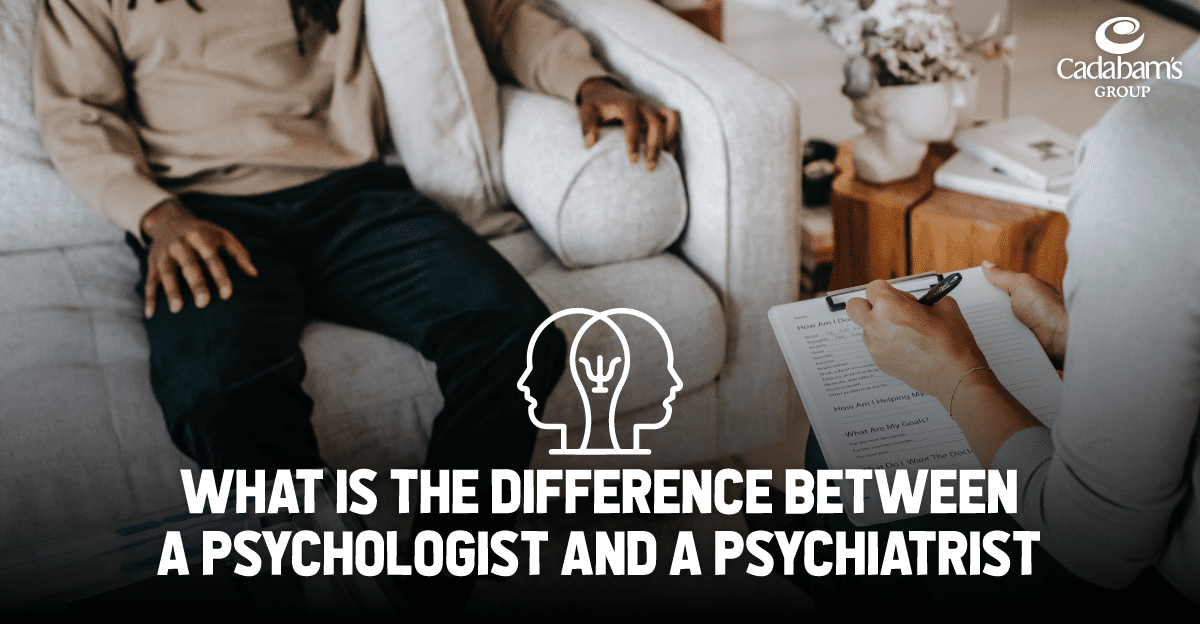Psych Treatment: A Comprehensive Overview to End Results and strategies

Cognitive-Behavioral Therapy
Cognitive-Behavioral Treatment (CBT) is a commonly made use of psychotherapeutic method that focuses on determining and customizing dysfunctional reasoning and habits patterns. Established in the 1960s by Aaron T. Beck, CBT integrates behavior and cognitive theories to address numerous psychological health and wellness problems, including clinical depression, stress and anxiety, and stress-related disorders.
Methods such as cognitive restructuring, exposure treatment, and skill-building workouts are frequently used. Cognitive restructuring includes challenging and changing negative thought patterns, while direct exposure therapy intends to reduce worry and anxiety through gradual exposure to been afraid objects or situations.
Evidence-based research study supports the effectiveness of CBT for a large range of mental disorders - Best Psychologist in Delhi. Its emphasis on ability acquisition and self-help methods empowers clients to continue development separately after treatment concludes. The adaptability and effectiveness of CBT have actually made it a keystone in contemporary psychotherapeutic method
Psychodynamic Techniques
Rooted in the very early theories of Sigmund Freud, psychodynamic methods concentrate on checking out the unconscious mind and its influence on actions and feelings. These methods intend to discover concealed thoughts and feelings that might be driving maladaptive behaviors and emotional distress. Central to this technique is the concept of inner dispute, usually originating from unresolved past experiences, specifically those from youth.
Therapists making use of psychodynamic strategies use a number of essential approaches, including complimentary organization, where patients are motivated to talk freely to disclose unconscious product, and dream analysis, which translates the unrealized content of desires. Furthermore, the exploration of transfer and countertransference dynamics within the therapeutic partnership is essential. These communications can give insights into the client's internal globe and relational patterns.
Psychodynamic treatment is usually longer-term contrasted to various other modalities, supplying a deep and comprehensive understanding of the person's mind. Research suggests that it can be especially effective for complex mental health and wellness concerns, such as personality problems and chronic anxiety. By fostering self-awareness and emotional understanding, psychodynamic treatment seeks to bring unconscious material to consciousness, making it possible for individuals to achieve lasting and meaningful modification in their lives.
Humanistic Techniques
Structure on the foundations laid by psychodynamic approaches, humanistic methods supply a distinctive perspective concentrated on private possible and self-actualization. Originating in the mid-20th century, these strategies prioritize the intrinsic goodness and development possibility of people, stressing a holistic sight of human experience. Key figures such as Carl Rogers and Abraham Maslow have significantly affected this healing approach, which encompasses approaches like client-centered treatment and Gestalt therapy.
Client-centered therapy, established by Rogers, plays an essential role in humanistic techniques. The specialist's function is more of a facilitator than an authority, encouraging clients to harness their internal sources for healing.
Gestalt therapy, one more important humanistic technique, emphasizes existing moment awareness and the assimilation of mind and body. By concentrating on the "present moment," customers acquire higher insight right into their current emotions and behaviors. Methods such as role-playing and directed visualization are typically used to aid customers gain a much deeper understanding of themselves, ultimately resulting in improved self-awareness and satisfaction.
Integrative Therapies
Integrative therapies represent a synthesis of various healing techniques customized to meet the one-of-a-kind needs of each client. This method acknowledges the intricacy of human psychology and the multifaceted nature of psychological health and wellness concerns. By incorporating components from different schools of psychiatric therapy-- such as cognitive-behavioral therapy (CBT), psychodynamic therapy, and humanistic methods-- integrative treatments use an even more adaptable and all natural treatment standard.
Experts of integrative therapy assess each customer's particular needs, symptoms, and individual background to devise a customized treatment strategy. This individualized strategy improves the possibility for healing success by addressing the source of emotional distress and advertising overall wellness. Methods may consist of mindfulness exercises, cognitive restructuring, and emotional handling, each selected to target various elements of the client's concerns.
Moreover, integrative treatments emphasize the therapeutic connection, viewing the client-therapist bond as a vital element of reliable therapy. This connection fosters a supportive environment where great post to read customers really feel secure to check out and resolve their issues. The flexibility of integrative treatments makes them suitable for a broad range navigate to these guys of conditions, including anxiousness, clinical depression, injury, and social difficulties, consequently boosting their applicability and efficiency in varied professional setups.

Determining Therapy End Results
Reviewing the performance of psychiatric therapy is important for both customers and clinicians to make sure that the treatment is yielding the preferred results. To achieve this, various approaches and tools are employed to measure treatment results systematically. Standard assessment tools, such as the Beck Clinical Depression Stock (BDI) and the Generalized Anxiousness Problem 7 (GAD-7), provide quantitative data on symptom severity and changes over time.
Along with standard devices, qualitative methods like customer self-reports and scientific meetings provide valuable understandings right into the individual experiences and viewed development of clients. Regularly scheduled examinations, generally at the beginning, omphalos, and end of therapy, help in tracking the trajectory of improvement or recognizing areas requiring modification.
Outcome dimension is not restricted to signs and symptom decrease; it additionally encompasses functional improvements in day-to-day life, such as better social relationships, raised work productivity, and boosted overall health. Modern improvements in electronic health have presented mobile apps and on the internet platforms that facilitate real-time tracking and feedback, further refining the assessment process.
Eventually, an extensive technique to measuring therapy end results ensures that therapeutic treatments are effective, effective, and tailored to meet the individual needs of customers, therefore maximizing the total therapeutic experience.
Verdict
Psychiatric therapy uses a complex array of strategies aimed at resolving details mental wellness issues and enhancing overall health. Cognitive-Behavioral Therapy and psychodynamic techniques target unconscious impacts and dysfunctional ideas, specifically. Humanistic strategies concentrate on individual growth and self-actualization, while integrative therapies combine multiple approaches for tailored treatment strategies. Evaluating therapy outcomes with qualitative techniques and YOURURL.com standardized assessments ensures a comprehensive understanding of performance, ultimately assisting clients toward withstanding mental health and wellness improvements.
From the structured technique of Cognitive-Behavioral Therapy (CBT) to the deep expedition of the unconscious in psychodynamic therapy, each technique brings one-of-a-kind benefits. Its emphasis on ability acquisition and self-help methods equips customers to continue development individually after treatment concludes (Best Psychologist in Delhi). Key figures such as Carl Rogers and Abraham Maslow have significantly influenced this therapeutic strategy, which includes approaches like client-centered therapy and Gestalt therapy
